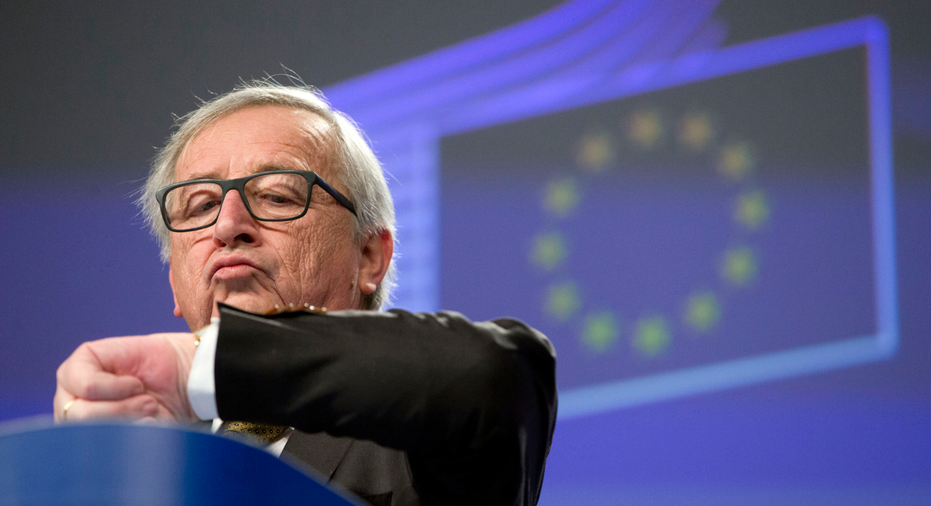EU official wants to do away from winter-summer time change

BRUSSELS – It could be summer time all year long for countries in the European Union.
The European Commission decided Friday it will push the EU parliament and member states to ditch the system of twice-yearly changes to the time following a citizens' consultation.
European Commission President Jean-Claude Juncker told the German ZDF network on Friday that "the people want that, and we will make it happen." He said millions were backing a move to summer time.
EU Transport Commissioner Violeta Bulc said that 84 percent of the 4.6 million people who took part in the consultation "do not want the clocks to change anymore." Participation among member states varied widely with 3.79 percent of Germans taking part compared to 0.02 percent in Britain.
Juncker said that it would make no sense to disregard people's wishes, indicating the European Commission proposal would go in that direction.
The European Parliament and the EU member states would still need to approve the abolishment of the time change and could still impose further changes to the time system and, for example, decide whether it would be constant summer or winter time.
Since 1996, the EU nations have moved the clock forward by one hour in March and backward again in October. It was harmonized across the bloc to meet concerns of the transport and logistics sectors in the single market. There are three standard time zones in the EU.
Several of the initial reactions among government officials pointed toward going for summer time, with its longer evenings in light during summer even if it means darker mornings during winter.
It has been under intense scrutiny in some EU nations.
Estonia's economic minister, Kadri Simson, said that "whether or not to change the clocks has been one of the most talked about topics for Estonians this summer." And because there was no longer an economic argument in favor of the split, she was for scrapping it.
A Swedish survey this spring by the daily Dagens Nyheter showed that 37 percent wanted to have summer time all year round, 29 percent wanted to have normal time and 26 percent wanted to maintain the status quo.
____
Jan M. Olsen contributed from Copenhagen.



















